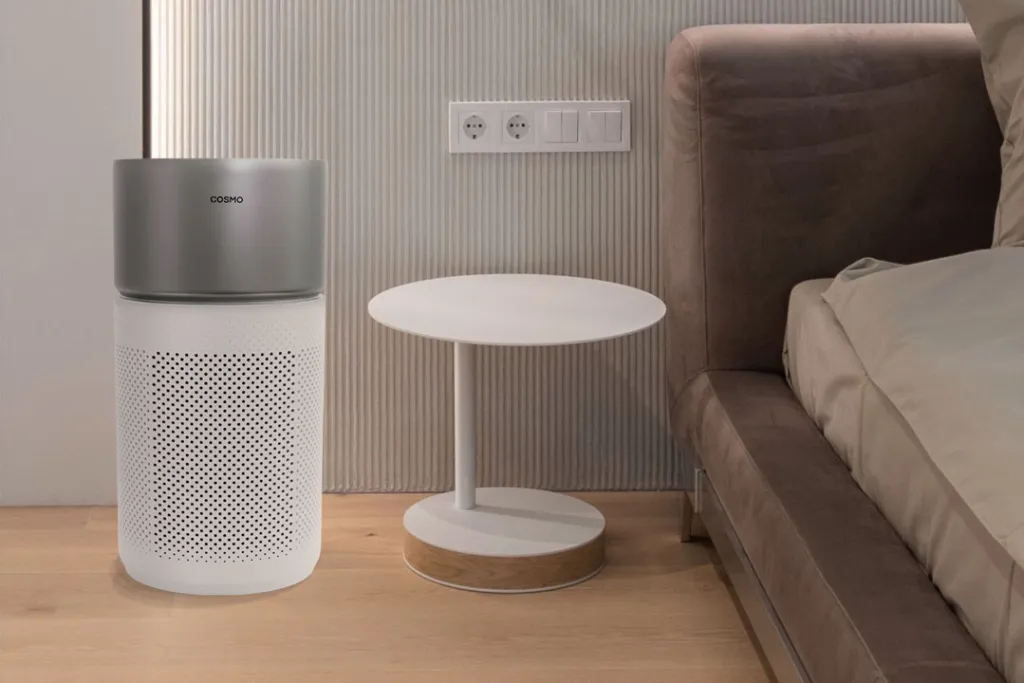Air purifiers are devices that are designed to clean indoor air by removing pollutants, allergens, and other harmful contaminants. They are becoming increasingly popular as people are becoming more concerned about the quality of the air they breathe, especially in urban areas where pollution is a growing concern.
How do they work?
Air purifiers utilize a range of filtration techniques to clean the air. The most common types of filters used in air purifiers are pre-filters, HEPA filters, activated carbon filters, and UV lamps. Pre-filters capture large particles such as pet hair and dust, while HEPA filters capture much smaller particles such as mold spores, dust mites, and other allergens. Activated carbon filters remove odors, smoke, and chemical fumes from the air, and UV lamps kill bacteria and viruses.
When do we need them?
Air purifiers are useful when you want to improve the indoor air quality in your home or workplace. They are particularly helpful for people with allergies, asthma, or other respiratory issues, as well as those who live in areas with high pollution or wildfire smoke. They can also help to reduce the spread of airborne illnesses.
Pros of Air Purifiers:
– They can improve the quality of indoor air, making it safer and healthier to breathe.
– They can reduce the risk of allergies, asthma, and other respiratory issues.
– They can help to remove unpleasant odors, smoke, and chemical fumes from the air.
– Some air purifiers have smart features such as air quality sensors that adjust the settings based on the level of contaminants in the air.
Cons of Air Purifiers:
– They can be expensive to buy and maintain.
– They can be noisy.
– They may not be effective at removing all types of pollutants from the air.
– Some air purifiers produce ozone, which can be harmful to the respiratory system when inhaled in high concentrations.
In conclusion, air purifiers can be a useful tool to improve the air quality in your home or workplace, especially if you suffer from allergies, asthma, or other respiratory issues. However, it is important to consider the pros and cons before purchasing one to ensure that it is the right solution for your needs.










